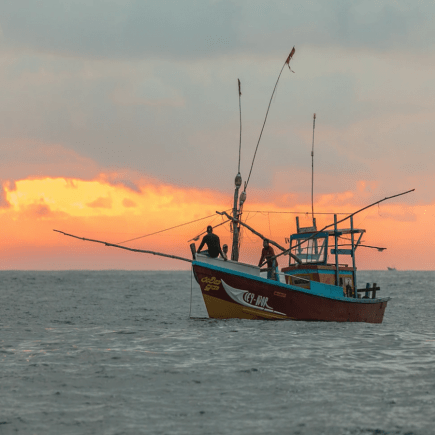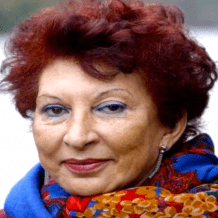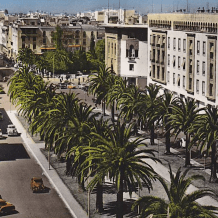
Morocco’s capital city Rabat is on a mission to double its domestic fish production by 2020 and lead in sustainable fishing practices. Given its strategic location on the Atlantic coastline and the backing of the 2009 Alliotis Plan, the city feels capable of achieving this goal. The first of it’s kind, the Alliotis Plan was introduced to connect Morocco’s fishing and agricultural industries. Since it’s implementation, Morocco has seen significant changes in job creation within the Agriculture and Fisheries industry. According to a 2018 Reuters study, unemployment in Morocco remains high at 9.8 percent, yet this number is an improvement from the 10.2 percent statistic of 2017. The same study also revealed that the Agriculture and Fisheries industry created 19,000 jobs in 2018 alone and experienced a positive harvest. Another report by the Supreme Council of Accounts stated that Morocco’s exports of marine products in 2017 amounted to $2.3 billion. This is 10% of the country’s total exports and 50% of all food and agricultural revenue. Moroccan Agriculture and Fisheries Minister Aziz Akhannouch said the “Plans contributions to the Moroccan economy in 2017 totaled around $1.7 billion, 80% of the objective fixed by Alliotis.”
In spite of its effectiveness, the plan has also received negative criticism for some of its unbalanced practices. This is where Rabat has realized they can make a positive social impact.
The Supreme Council of Accounts Report addressed grievances that included delays in finishing projects due to proper infrastructure and production. Moreover, it cited that certain illegal, unreported and unregulated (IUU) fishing practices can weaken the entire fishing production chain. For example, illegal fishing can threaten the food supply of coastal communities and that octopus fishing in Morocco is largely unauthorized. The report also stated the importance of proper refrigeration equipment in wholesale fish markets. At the moment only the Marrakech fish market has four cold rooms, the others have one.





